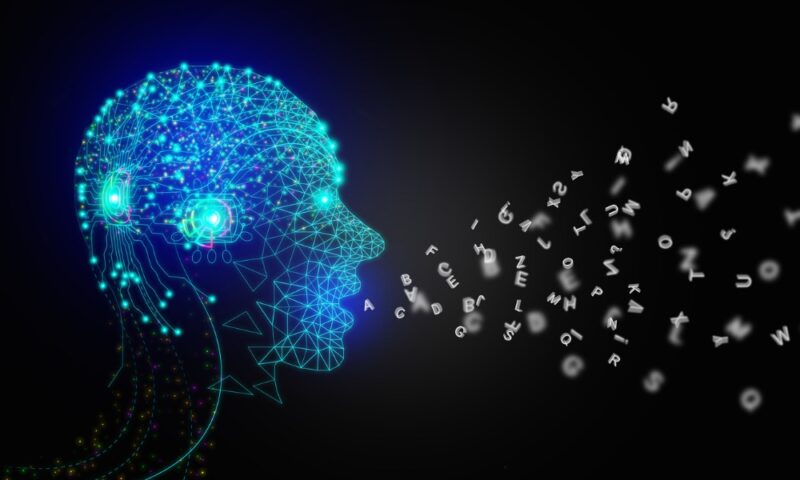
Arts Groups Launch Coalition to Address Impacts of AI
The Human Artistry Campaign aims to establish guidelines around tools like ChatGPT and their impact on music, writing, and more.
A global coalition of organizations has launched an advocacy and awareness campaign in response to concerns about the influence of AI on creative professions.
The coalition, called the Human Artistry Campaign, launched in March at the South by Southwest “to ensure artificial intelligence technologies are developed and used in ways that support human culture and artistry—and not ways that replace and erode it.”
The campaign launched with 40 member associations—and has since grown to more than 70—representing musicians, visual artists, actors, writers, and more; among the participants are large unions such as AFL-CIO, music publishers like BMI and ASCAP, and music industry trade groups like the Recording Industry Association of America. That speaks to the breadth of legal and financial worries AI has generated. In the past year, tools such as ChatGPT have led to a rise in AI-created works, prompting questions about assigning copyright and paying creators. (For instance, in February DJ and producer David Guetta released a song that used AI technology featuring a fake version of the rapper Eminem.)
To replace the human voice with a machine is to deny literature its power.”
Emily Ellet, PANA
In a list of seven “core principles for artificial intelligence applications” that drive the organization, the Campaign states: “AI must be subject to free-market licensing for the use of works in the development and training of AI models Creators and copyright owners must retain exclusive control over determining how their content is used.”
Among the participants in the Campaign is the Professional Audiobook Narrators Association (PANA), which was founded in 2021 to represent voice actors who work on audiobooks. In recent years, companies like Google, Apple, and numerous smaller players have introduced AI audiobook “readers,” providing a potential cost savings for publishers. But PANA Cofounder and Chief Executive Emily Ellet said none of them can match a human actor. “To replace the human voice with a machine is to deny literature its power,” she said.
Ellet says that while PANA doesn’t have hard numbers on AI’s impact on audiobook narrators, anecdotally many are struggling. “We know that there are some members who feel that they are losing work as a result [of AI],” she said. “We know that there’s a tremendous amount of concern.”
To support the industry, Ellet said, PANA has created educational opportunities for its approximately 550 members, connects narrators directly to authors at events to promote their work and the industry. PANA joined the Human Artistry Campaign with the encouragement of the actors union SAG-AFTRA, and though it has no direct role in the campaign’s operations, Ellet says its participation helps show the depth of AI’s impact in creative industries.
“Strength in numbers is part of it—we are visually partnering with heavy hitters in the industry, which is valuable,” she said. “But the board felt that it was important as one of the leading organizations specifically for narrators, to support a campaign that aligned so neatly with our own stance on AI and the importance of humans in that art form.”
(Ole_CNX/iStock)






Comments